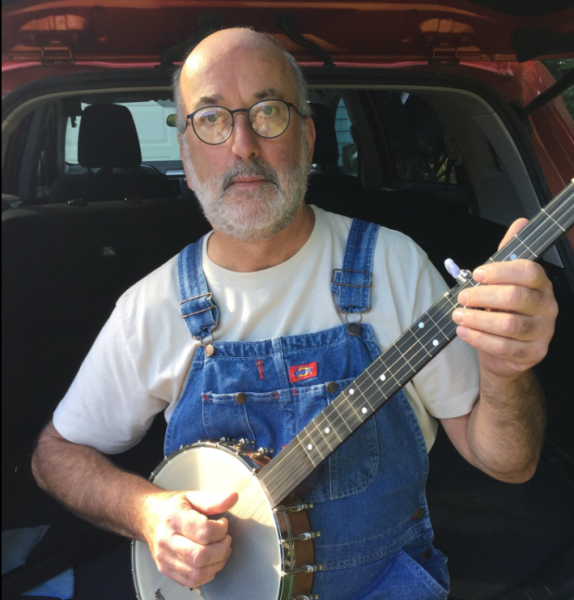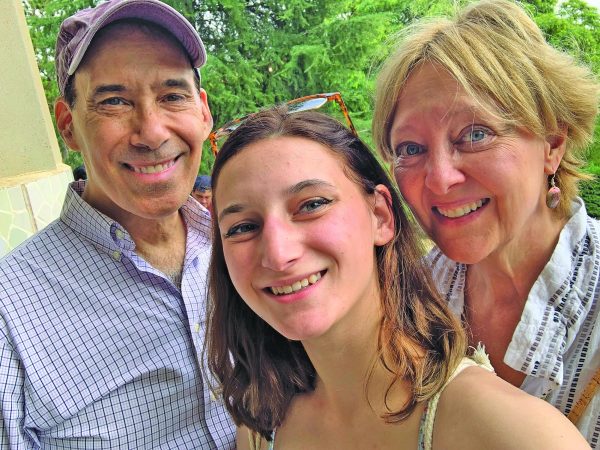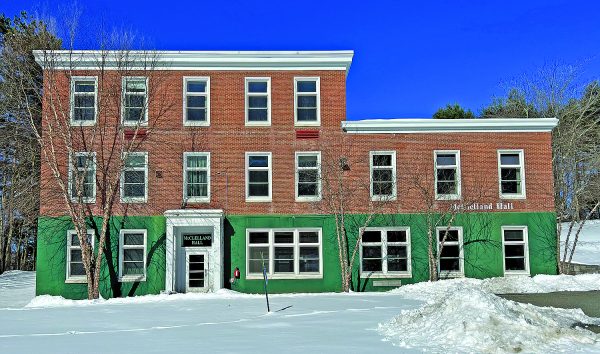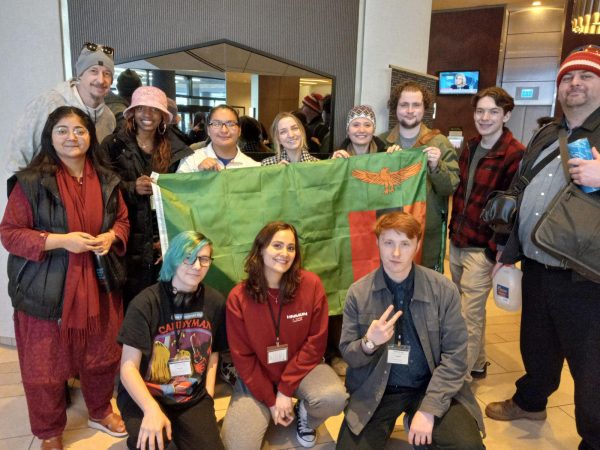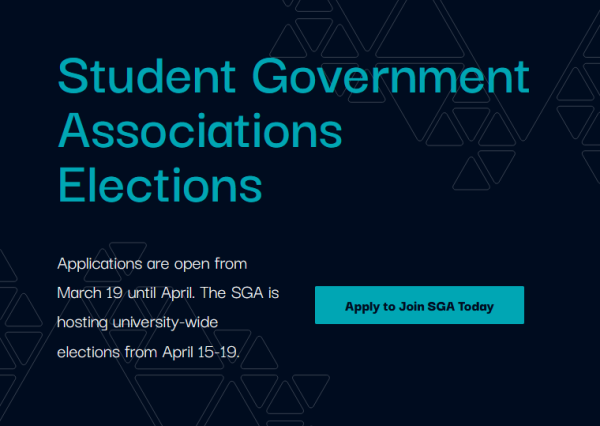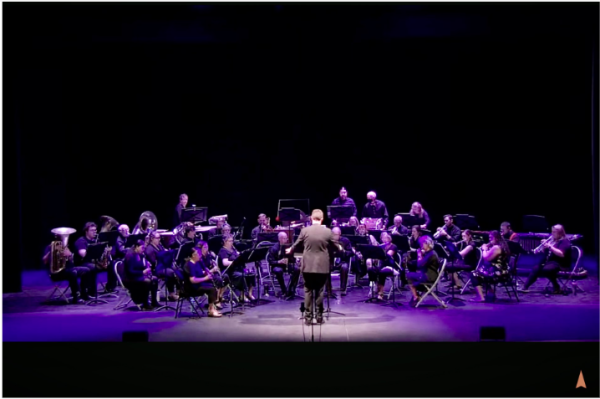BAB decides on spring 2016 community service locations
A trip to Nicaragua here, a dash off to Detroit there, and a swift jaunt over to the Grand Canyon. These are the voyages of the Badger Alternative Breaks, Johnson State College’s globetrotting community service programs.
The Badger Alternative Break experiences are based out of the SERVE office in Stearns Hall, and are being organized by students. Rachele Funk is the marketing and communications coordinator, as well as a member of the BAB executive board, in charge of organizing this year’s trips.
Badger Alternative Breaks, formerly known as JSC Break Away, is a founding chapter of the now national Break Away program. The program is made up of a network of over 130 schools and counting. SERVE has been running the program at Johnson since 1991 and has supported 120 trips with roughly 1200 participants over the years, according to BAB’s webpage.
This academic year, during February break, the three groups are traveling all over North America, and parts of Central America. Each trip has its own purpose, unique to that destination. “Education for All… is being led by Erica [Fuller] and Emma. They’re going to Nicaragua, and they will be rehabilitating schools while there,” said Funk. “It really connects to ‘The Promise of a Pencil,’ the [common] reading book this year.”
Another group is traveling to Detroit, under the heading of Community Development. “I’m going to be working with the homeless and disabled, and we’re going to be serving meals and working at different shelters, maybe doing some outside work if it’s not too chilly,” said JSC junior, Megan Cavanaugh.
The Detroit trip is composed of several smaller projects, which all come together to rehabilitate one building. “I know they’re also working with a program that…takes [the building’s] tires, and they make those tires into sandals, and they give them to…the people of Detroit,” said Funk.
The third trip, Environmental Stewardship, is traveling to the Grand Canyon to work with the National Parks Service. “We are going to be working…with the wildlife conservation team,” said Funk. “And we’re going to be seeing the effects of people who litter, or just generally treat the environment poorly, and see how that affects the wildlife there.”
This isn’t the first year that the BAB has gone to Detroit, nor will it be the last. “Detroit and Nicaragua are compacts,” said Fuller. This means that the BAB will be returning to these locations, perhaps for the same purposes as they have done in the past.
Luckily for the participants of these trips, they will not have to pay for these trips personally. “No one is assumed to pay out of pocket, thanks to our wonderful fundraising coordinator, Erica,” said Funk. “We plan fundraisers all throughout the year, and they differ from lettering campaigns, to seasonal Christmas tree sales, to anything you can think of program wide…those funds are split between the three trips. Once you are on the trip, the leaders can fundraise themselves for the trip. And you can do individual group fundraisers. Like, my group is doing a sweatshirt sale, and the profits from that sweatshirt sale can be split among the people in my group, just with us. So, we have a lot of different fundraisers throughout the year.”
As for why these trips are important to Johnson students, Funk said, “I think it brings a sense of community to Johnson that I think people, when they go to college, kind of need. I think it gives people a lesson that…you can’t learn specifically in a classroom. “It’s something you get to see and feel and understand that you don’t see in an everyday, sit-down classroom.”
These BAB participants have a multitude of reasons for going on these trips. Lori Molin, a senior, says she is most looking forward to “the opportunity to be able to see a different culture, and to be able to help people that need it; to help a whole community be able to gain something they otherwise wouldn’t have access to.”
Participants of these trips are selected through a multi-step process. After an application is completed, “they have questions like ‘if you could solve one social issue, what would it be?”’ said Cavanaugh. Following that is group process, where all of the applicants are present, which is a series of icebreakers designed to test how applicants work together.
On the application, there are three options for trips. After the applicant numbers their desired location, 1 being their first choice, 3 being their last. “Then they basically pick which [trip] they think you would be best suited for,” said Molin.
“The Detroit one was my second choice,” said Cavanaugh, “but they did a really good job placing people together that are like-minded, because I adore the group I’m with…I’m really excited to work with such a positive group of people.”
And as for future trips, Detroit and Nicaragua are just the beginning. “A trip I would love to have again would be animal advocacy,” said Funk. “I was a participant on that two years ago. So I would love to lead a trip for animal advocacy, to Mid-Atlantic Border Collie Rescue, in Chestertown, Maryland.”


